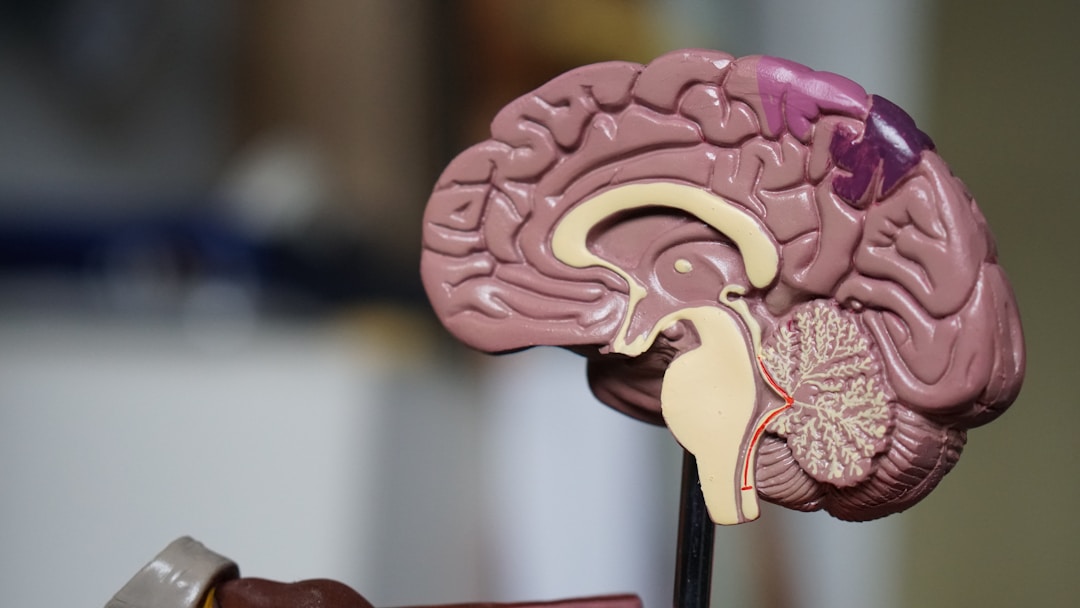Treatments for Dementia and Alzheimer’s Disease
Dementia and Alzheimer’s disease, two of the most formidable conditions affecting the elderly around the world, are often misunderstood and mistaken for each other. While both directly affect the patient’s cognitive abilities, there are key differences, including their symptoms, prognosis, and treatments that can help manage these conditions.
Dementia is an umbrella term that encompasses a set of symptoms associated with a decline in cognitive ability. It is characterized by memory loss, confusion, difficulty with communication and problem-solving, and changes in personality and behavior. While Alzheimer’s disease is a type of dementia, the treatments and management can be different. In this article, we delve into the available treatments for dementia and Alzheimer’s disease and the progress being made to find a cure.
Understanding Dementia and Alzheimer’s Disease

Before diving into the treatments, let’s take a moment to understand the difference between dementia and Alzheimer’s. As discussed, dementia is a general term used to describe a decline in mental ability severe enough to interfere with daily life. From a clinical perspective, it is a syndrome—a group of symptoms, not a disease.
On the other hand, Alzheimer’s is the most common form of dementia, contributing to 60-80% of dementia cases. Its fundamental distinguishing factor is the presence of plaques and tangles in the brain that progressively kill brain cells, affecting memory, thinking, behavior, and the ability to perform routine tasks.
While Alzheimer’s disease is irreversible and causes brain cells to die, dementia can sometimes be reversed, depending on the cause. The awareness of this distinction is vital for the caregivers, patients, and the general public to approach these two conditions inclusively yet discerningly.
Traditional Treatment Approaches for Dementia

The traditional treatment for dementia largely depends on its cause. If dementia manifests as a result of nutritional deficiencies, metabolic disorders, or infections, these conditions can be treated, possibly reversing dementia. When it comes to progressive dementias like Alzheimer’s disease, no cure exists, but proper medication can help manage the symptoms considerably.
Prescription drugs such as cholinesterase inhibitors and memantine could help reduce symptoms and control behavior. Physiological therapies could also help manage cognitive symptoms alongside medication. These involve cognitive stimulation and cognitive rehabilitation to reinforce neurological abilities and social interaction.
Conditions arising from dementia, such as depression, sleep disturbances, and hallucinations, can also be assisted with the right medication. This comprehensive approach helps improve the quality of life for dementia patients, although it cannot stop disease progression.
Alzheimer’s Disease Treatments
The primary goal of Alzheimer’s disease treatments is to help people maintain mental function, manage behavioral symptoms, and slow or delay the symptoms of the disease. There are two categories of drugs the FDA has approved to treat cognitive symptoms of Alzheimer’s—cholinesterase inhibitors (Aricept, Exelon, and Razadyne) and memantine (Namenda).
Cholinesterase inhibitors are designed to delay the worsening of symptoms for about 6 to 12 months, on average, for about half of the individuals taking them. Alternatively, memantine regulates the activity of glutamate, a brain chemical involved in information processing. It can delay worsening of symptoms for a few months, particularly those related to cognition, in people at the moderate to severe stage of the illness.
While these drugs can help manage some of the symptoms, they do not treat the underlying causes of the disease, nor does their effect last indefinitely. As a result, organizations like the Fisher Center for Alzheimer’s Research Foundation are funding and working tirelessly with researchers toward finding more effective treatments or potentially a cure for the disease.
Lifestyle Adjustments

Apart from medication, lifestyle adjustments could play a critical role in managing both dementia and Alzheimer’s disease. These adjustments can help improve the quality of life for individuals with dementia or Alzheimer’s and promote their overall well-being.
One important aspect of managing these conditions is maintaining a healthy lifestyle. Regular exercise can have significant benefits for individuals with dementia or Alzheimer’s. Physical activity helps improve blood flow to the brain, promotes mental clarity, and reduces the risk of other health conditions such as heart disease and diabetes. Engaging in activities like walking, swimming, or gentle yoga can have positive effects on cognitive function and overall mood. It is important to consult a healthcare professional before starting any exercise regimen to ensure it is appropriate for the individual’s specific needs.
Another crucial lifestyle adjustment for managing dementia or Alzheimer’s is maintaining a nutritious diet. A diet rich in fruits, vegetables, whole grains, and lean proteins can provide the necessary nutrients for brain health. Certain foods like blueberries, salmon, and nuts are loaded with antioxidants and omega-3 fatty acids, which have been shown to support cognitive function. It is also important to limit the consumption of processed foods, sugary snacks, and saturated fats, as they can have a negative impact on brain health.
Adjusting the living environment to make it dementia-friendly can also enhance physical safety and well-being. Improvements may include the removal of tripping hazards, the use of contrasting colors to aid visibility, and the use of signs to help confusion.
Recent Developments in Treatment

Research in dementia and Alzheimer’s treatment is continuously uncovering novel ways to manage these conditions. Advances in brain imaging techniques allow healthcare professionals to detect these conditions much earlier, potentially leading to more effective treatments. New insights into genetics have also allowed a better understanding of the diseases.
There are a number of clinical trials in progress to test new therapies. For instance, monoclonal antibodies that target beta-amyloid, a key suspect in Alzheimer’s, have shown promising results in preclinical studies, though their effectiveness in humans is currently under investigation.
Another branch of research involves the regrowth of synapses to restore communication between brain cells, which often gets disrupted due to Alzheimer’s and certain types of dementia. While these treatments are only in experimental stages, they hold hope for future advancements.
Preventing Dementia and Alzheimer’s
Although no concrete preventive measures are established for dementia and Alzheimer’s, certain approaches may help. Keeping the brain active throughout life by undertaking educated or mentally stimulating activities is associated with a reduced risk of Alzheimer’s. Regular physical activity and controlling cardiovascular risk factors such as diabetes, smoking, and high blood pressure are also beneficial.
A healthy diet like the Mediterranean diet, rich in fruits, vegetables, lean protein, healthy fats, whole grains, and low in unhealthy fats, may also help protect against Alzheimer’s. Regular social engagement and maintaining a strong network of friends and family can also contribute to preventing these diseases.
While these are not guaranteed preventive measures, they can contribute to overall brain health and may delay the onset of symptoms or slow the progression of dementia and Alzheimer’s.
Role of Caregivers in Managing Dementia or Alzheimer’s
Caregivers play an immense role in managing dementia and Alzheimer’s disease. Providing round-the-clock care, they not only look after the nutritional and medical needs but also offer emotional support, helping patients feel safe and understood.
Professional caregivers are trained to understand the unique needs of these patients and adapt care accordingly. They also ensure that the patients take medications as prescribed and get plenty of physical exercises, mental stimulation, proper nourishment, and adequate rest.
Overall, dementia and Alzheimer’s present significant challenges, both to the medical community and society at large. Yet, understanding the distinction between these two diseases, acknowledging the available treatments, and working towards new, hopeful developments are major strides in the right direction. Our ultimate goal is not just to manage but to conquer these perplexing conditions, to create a world where dementia and Alzheimer’s no longer pose the threat they do today.
